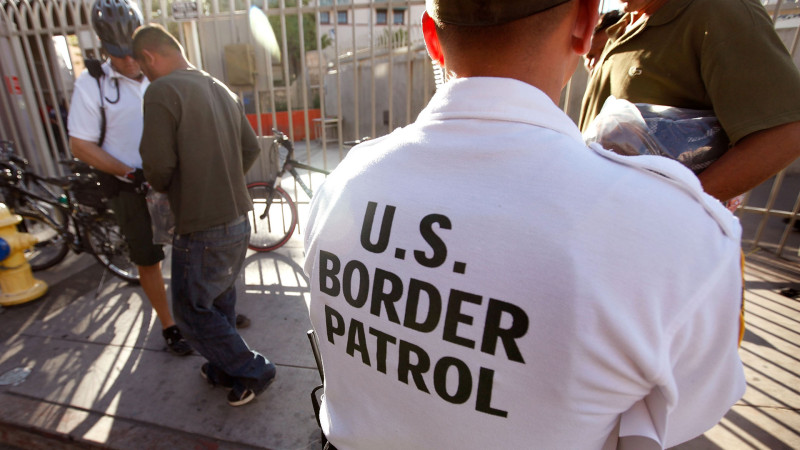What authorities didn’t tell Hernandez-Contreras is that by taking a voluntary departure, he would face a 10-year wait to re-enter the United States.
Under the settlement struck last week, immigration authorities must establish clear guidelines for the processing of potential voluntary return cases.
Also, thousands of people who took voluntary departures from Southern California to Mexico within a five-year period ending last August might be able to come back to the U.S. to argue their cases before an immigration judge. But that doesn’t guarantee they can stay.
“We did not win legal status for anyone who was subjected to these voluntary return practices,” says Rivera.
“They’re back in the same position that they were in when they should have been given a meaningful opportunity to decide whether to see a judge.”
To qualify, immigrants must show that they have some kind of legal footing on which to stand. In the case of Hernandez-Contreras, it’s the fact that he was wed to an American citizen at the time of his deportation.
Jessica Vaughn says it is possible that some immigrants were misled by border agents. But that doesn’t mean the deportees who agreed to deportation should be allowed to come back, she says. Vaughn is a policy analyst with the Center for Immigration Studies, based in Washington, D.C.
“It would have been possible to retrain agents and officers or investigate individual cases if it looks like they might have been coerced,” says Vaughn.
“This so-called cure is going to be more painful for the system than the problem.”
Vaughn worries that a spike in new cases will further burden already overwhelmed immigration courts in Southern California.
Some 200,000 immigrants accepted voluntary departures between June 2009 and August 2014, the period covered by the lawsuit. It’s unclear how many of those people would qualify to seek redress.
But the ACLU says it’s already fielded dozens of calls from deportees in Mexico and their relatives seeking advice on how to apply for a return to the U.S.
